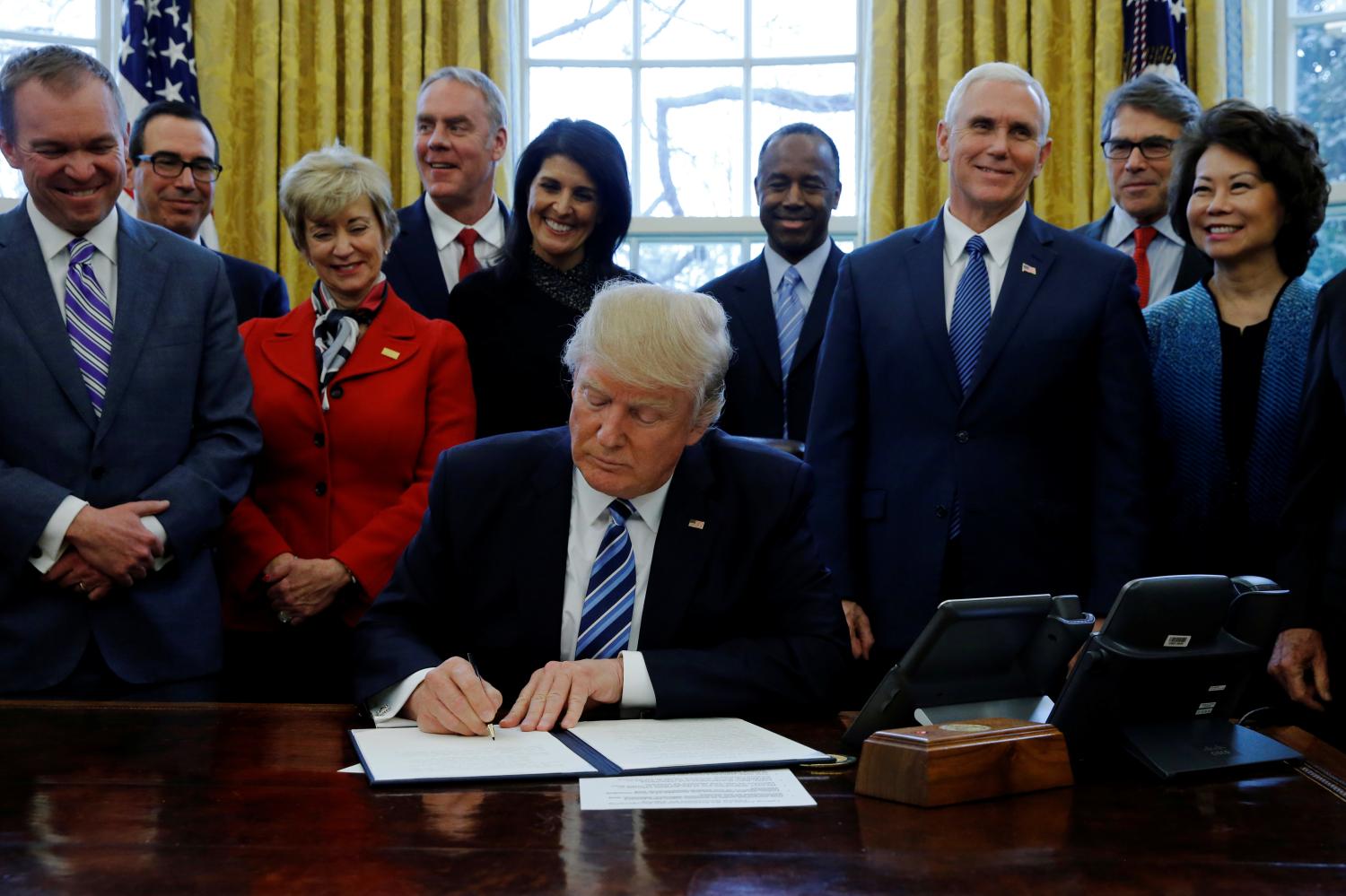Foreign policy is once again at the forefront of public debate. Americans have taken notice of ISIS and President Obama’s decision to commit the United States to an active role in the conflict. And in the upcoming midterm elections, foreign policy will have significant influence on approximately 8-in-10 Republicans’ votes. This paper aims to examine what may turn out to be fissures among conservatives when it comes to foreign policy on the eve of the 2014 midterms.
Using the 2012 American National Election Study (ANES), Christopher S. Parker and Rachel Blum compare foreign policy attitudes of Tea Party Conservatives and Establishment Conservatives. They analyze attitudes towards retrospective, prospective, and current issues. The authors found that while the Tea Party is motivated by nationalism, Establishment Conservatives assume a more defensive attitude.
The authors’ key findings include:
- Since 1945, Republican foreign policy has been pulled in two directions: realism and idealism. However, with the rise of the Tea Party, there’s another attitude: nationalism. These attitudes have caused divisions in the Republican Party between Tea Party and Establishment Conservatives.
- In looking at the theoretical concepts and reviewing Republican foreign policy during postwar years, the Tea Party’s foreign policy attitudes are driven by fear and anxiety originating from a perceived ethno-cultural displacement.
- Conservatives remained fractured on many foreign policy issues. Issues such as stability in the Middle East, identifying threats to American security, and perceptions of American strength are likely to increasingly divide the Republican Party.
The Brookings Institution is committed to quality, independence, and impact.
We are supported by a diverse array of funders. In line with our values and policies, each Brookings publication represents the sole views of its author(s).




